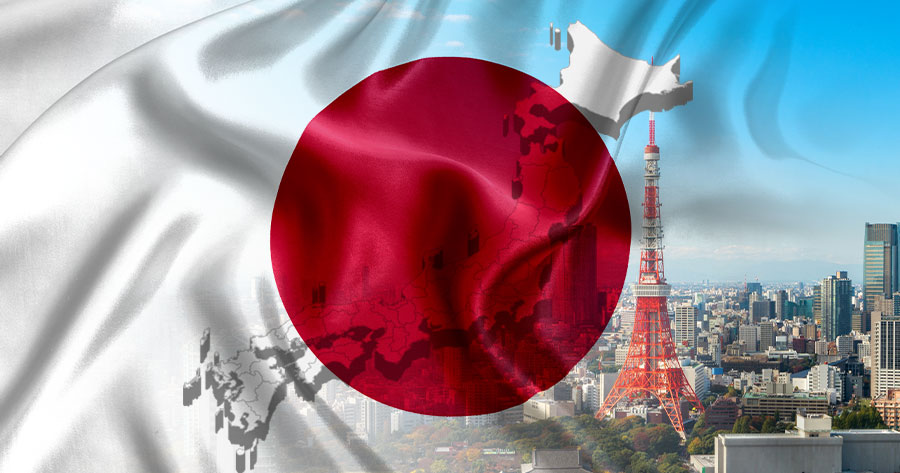Japan’s core inflation in February surged to 2.8% from 2% seen in January, conforming to the expectations from economists polled by Reuters, but the figures as measured by an index that stripped away the effect of fuel slid to 3.2%, raising doubts in the markets on how soon the Bank of Japan would hike its interest rate again.
Some analysts expected inflation to decrease below the central bank’s target of 2% later in the year as Japan’s domestic demand remained dull, even though factors such as rising wages and an increase in import costs could establish a growth in price.
On Tuesday, the Bank of Japan raised its short-term interest rates to 0 to 0.1% from the level of -0.1% that had been kept at a negative level since 2016, while describing the decision as driven by the increase in goods and services prices from businesses in the country, caused by signs of growing demand and an outlook for higher wages.
BOJ Governor Ueda stated that rate hikes would take place again if inflation exceeded expectations or there were more significant upside risks to the price outlook.





